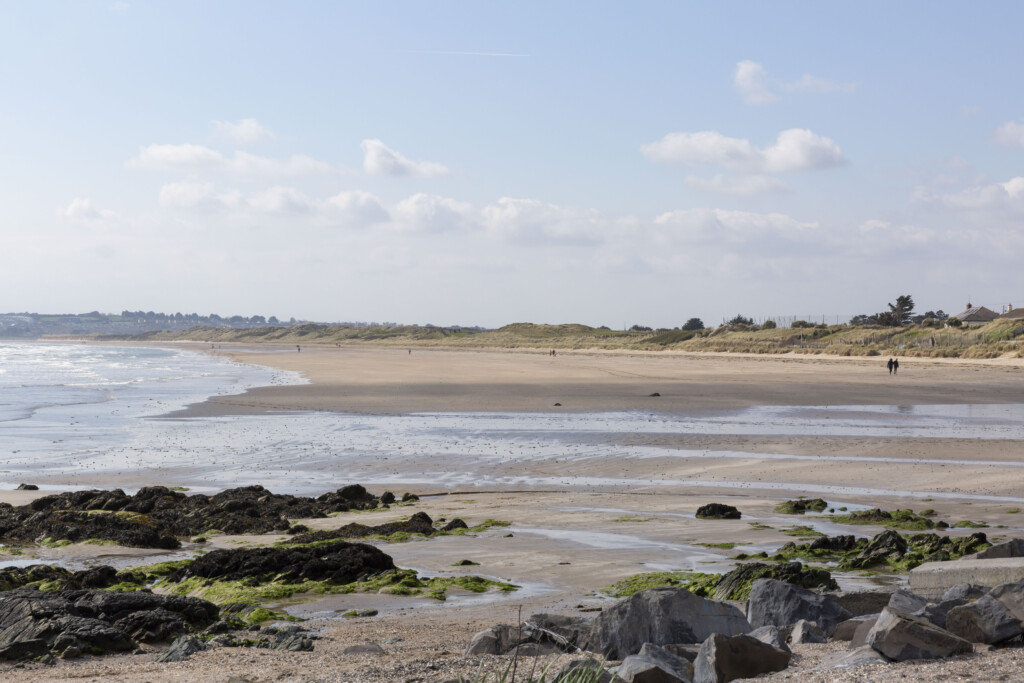There’s no doubt that dogs can improve the quality of our lives, and that taking your pets for a walk along a sandy beach is a great way to get exercise, but with summer rapidly approaching, dog owners across Fingal are being encouraged to leave only paw prints in the sand and pick up after their pets when using the county’s many beaches.
To help remind owners of the impact that abandoned dog mess can have, Fingal has joined forces with the UCD Acclimatize Project and other Dublin councils to illustrate the direct link between dog fouling and poor beach water quality.
A new animation ‘Leave Only Paw Prints’ highlights the potential harm caused by not cleaning up after dogs on the beach and to help ensure better water quality for all to enjoy.
Bathing season – which runs from 1st June to 15th September – is when far more people are likely to come into contact with dog poo on beaches through swimming and other recreational activities.
The UCD Acclimatize Project has identified dog waste as an important cause of water pollution, and one which can result in temporary bathing prohibition notices being issued by local authorities.
Contact with dog faeces can have serious health impacts including diarrhoea and may even cause blindness in children.
The engaging new animation shows that even one dog foul left behind can result in contamination the size of a tennis court.
Multiplying that by even 10 dogs shows the massive impact that can have on people swimming or playing on beaches.
Ultimately, it is dog owners who may face increased restrictions on beach use.
David Storey, Director of Environment, Climate Action and Active Travel at Fingal said: “We want dog owners to be responsible while using our beaches and to remind them to not only take the time to bag droppings, but that they should also take the time to bin them.
“It’s one thing to be forgetful or just plain lazy when it comes to picking up the poo, but the beaches and waterways we have in Fingal are there for everyone to enjoy, so by not bagging and binning the impact is far wider and comes with severe health implications.”
To gather data on the topic, the UCD Acclimatize Project, which began in 2019 investigated the amount of dog fouling on four Dublin beaches; Sandymount Strand, Merrion Strand, Donabate and Portrane beaches. The results were then used to calculate its impact on bathing water quality.
Its research is ongoing.
To view the new animation go to: https://youtu.be/7bas6zvBmM4
